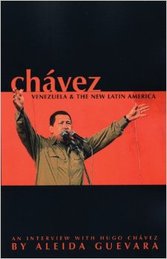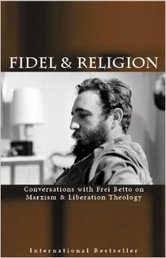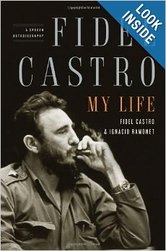Evo Morales is one of the three most important charismatic leaders that have emerged in Latin America during the past fifteen years, along with Hugo Chávez and Rafael Correa. They have played a major role in the forging of a new political reality in Latin America, challenging the structures of the neocolonial world-system. Morales was an indigenous coca farmer, born and raised in a poor town in the Bolivian high plains. He emerged as a leader in the coca farmers’ union and became an important national political figure during the peasant mobilizations in Bolivia from 1990 to 2005. He formed an alternative political party, the Movement toward Socialism, and he was elected President of Bolivia, assuming office on January 22, 2006. In accordance with his campaign pledge, his government convoked a Constitutional Assembly, formed by 255 delegates elected from all regions, ethnic groups, and classes. The new Constitution was approved by popular referendum with 61.4% of the popular vote on January 25, 2009. In addition, his government: has inaugurated a literacy program; has reduced the salaries of high-level government officials, bringing them more in harmony with average salaries in the nation; has renegotiated contracts with international companies dedicated to the exploitation of hydrocarbons, establishing terms far more favorable to Bolivia; has developed a land-reform program; and has been an active participant in the process of Latin American union and integration.
Address to G-77 plus China, January 8, 2014
Address to UN General Assembly, September 24, 2014
For more information on Bolivia and Evo Morales, see the blog post of September 30, 2014: “Evo Morales speaks at the UN General Assembly.”





